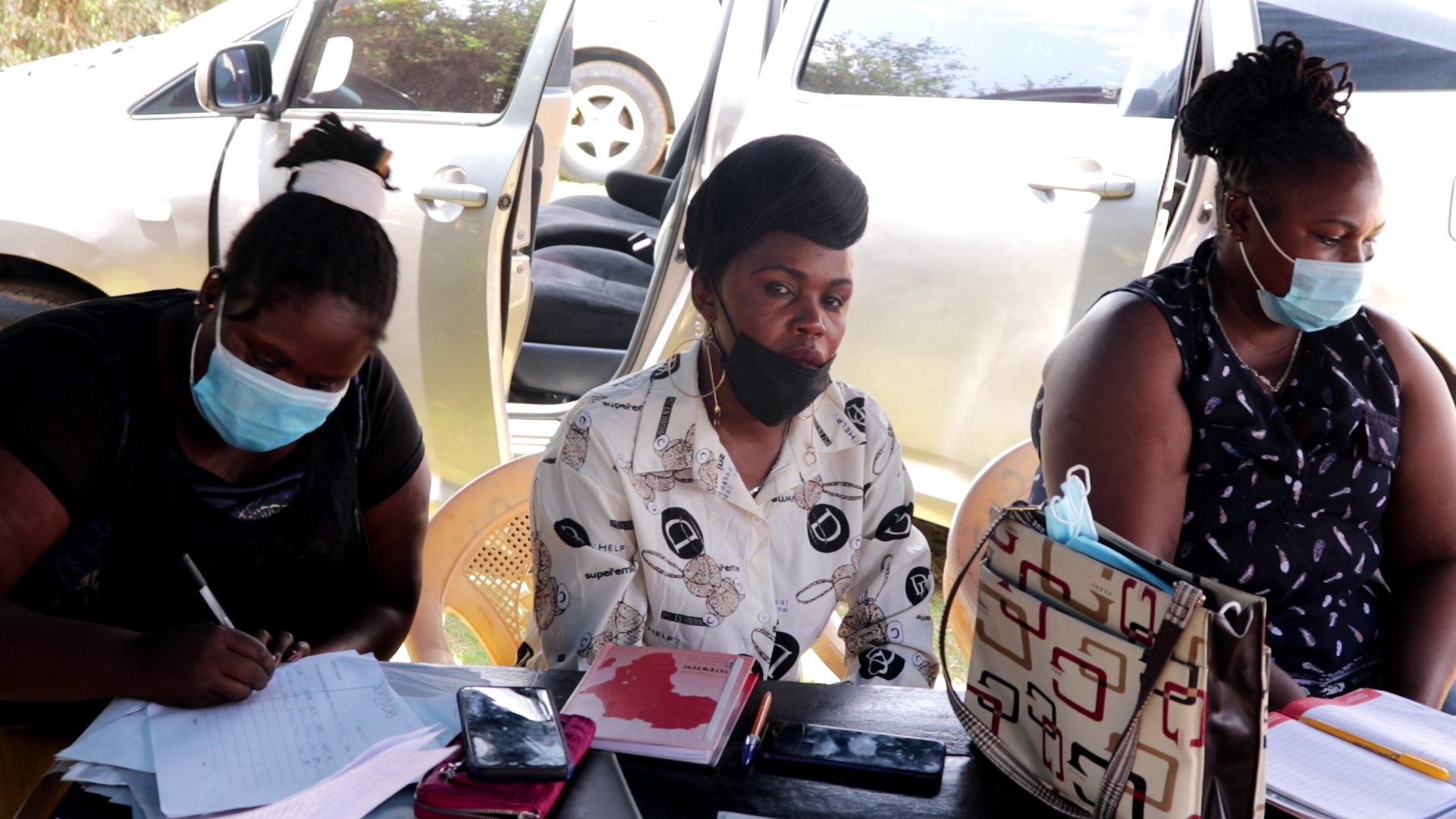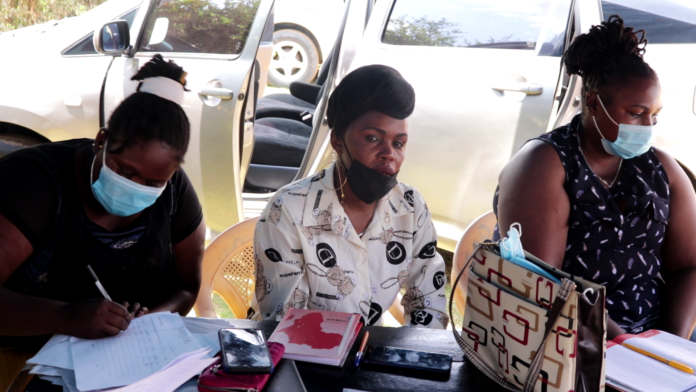By Peter Oliver Ochieng
Kisumu County: The COVID-19 pandemic has been with us for over a year now. Several sectors of the economy remain grounded due to the adverse effects of the pandemic, even as Kenyans try their best to tackle and win the war against the vicious virus.
Like most of their colleagues across the country, sex workers in Nyalenda estate, Kisumu County, are smarting from low business season occasioned by strict curfew guidelines. The curfew is among measures put in place by the government to help prevent the further spread of the virus.
As such, it is rare to find sex workers on the streets as previously was the case before the pandemic. Brothels have shut down, rendering most of the players in the oldest profession jobless and penniless.
The decreased economic activity continues to course anxiety and mental issues say Western Kenya Sex Workers Alliance (Wekeswa) regional coordinator Joyce Oluoch. As a result, she said most of them went into alcohol.
Before the pandemic, life was smooth sailing as there were no curfew restrictions.

“It really has had a negative impact on sex workers. This issue of the 1.5-meter rule to prevent the spread of COVID-19 and you know in sex work you have to operate under zero meter rule. It was quite traumatizing. A lot of women turned to alcohol, especially within Nyalenda, as a solace,” she adds.
Formed in 2012 and registered in 2020, Wekeswa champions members’ rights and empowering them by reaching out to sex workers in the Western region in collaboration with other like-minded organizations.
Among the partners is Achievers Life, through which sex workers were counseled on alcohol and drug abuse, and offered alternative economic activities. Achievers Life is also a sex worker-led Organisation within Nyalenda.
“They advocate for rights of sex workers and especially those who have mental issues as a result of drug, alcohol and substance abuse; so that they can be able to access mental health services and those who undergo psychosocial support can be able to transform and we have five who have transformed. They are no longer into drug and alcohol abuse,” said Joyce.
And through such initiatives, some have landed employment opportunities.
“We are coming up with a SACCO to help us venture into businesses,” said Joyce.
She insisted that sex work is just like any other job that puts food on the table.
“Sex work is work for us. It puts food on the table for our kids; it takes our kids to school. Like for me, I have been able to educate my brother up to the university level and he is sitting for his degree exams this year,” she adds.
On the flip side though, Joyce termed COVID-19 as a blessing in disguise since it has opened the eyes of most commercial sex works.
“We can look at it both from the positive and negative angles. It has opened a lot of our eyes as sex workers. We never used to have savings because we knew if we go, we will get what our children will need, so we didn’t care to save because it was something that was always coming in,” she says.
And COVID-19 opened their eyes indeed. “Most of the sex workers have turned to their own businesses. We are currently into table banking where we meet, contribute small sums of money and give to one of us to boost her business,” says Joyce who runs a small shop to supplement her income.
Businesses operated by some of the sex workers came into being after the pandemic, supported by like-minded organizations operating under Wekeswa.
According to Amina Omar, Wekeswa’s Program Officer, Nyalenda alone has over 300 sex workers. A section of them had to move back to their rural homes afterlife become unbearable as a result of the pandemic.
“You find that per shot, you were charging KSh 1,000 but now because of low business, you end up charging as low as KSH 200. This cannot help you meet your needs such as paying rent,” says Amina who operates a grocery shop to boost her income.
She said about 40 sex workers were recruited by the government, under the Kazi Mtaani initiative, keeping them busy and enabling them to put food on the table on a daily basis.
Amina said with brothels shut down, most sex workers now operate under home-based arrangements, where clients link up with them in their homes.
oliverpeter56@gmail.com














